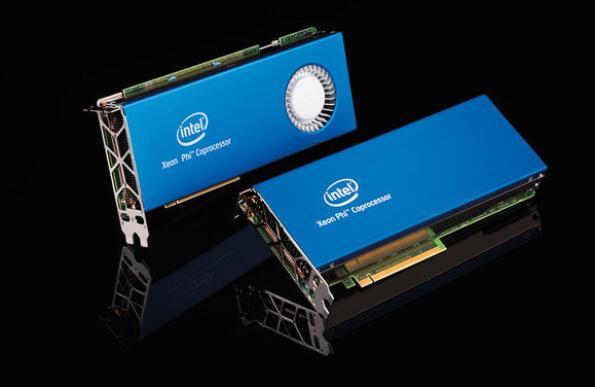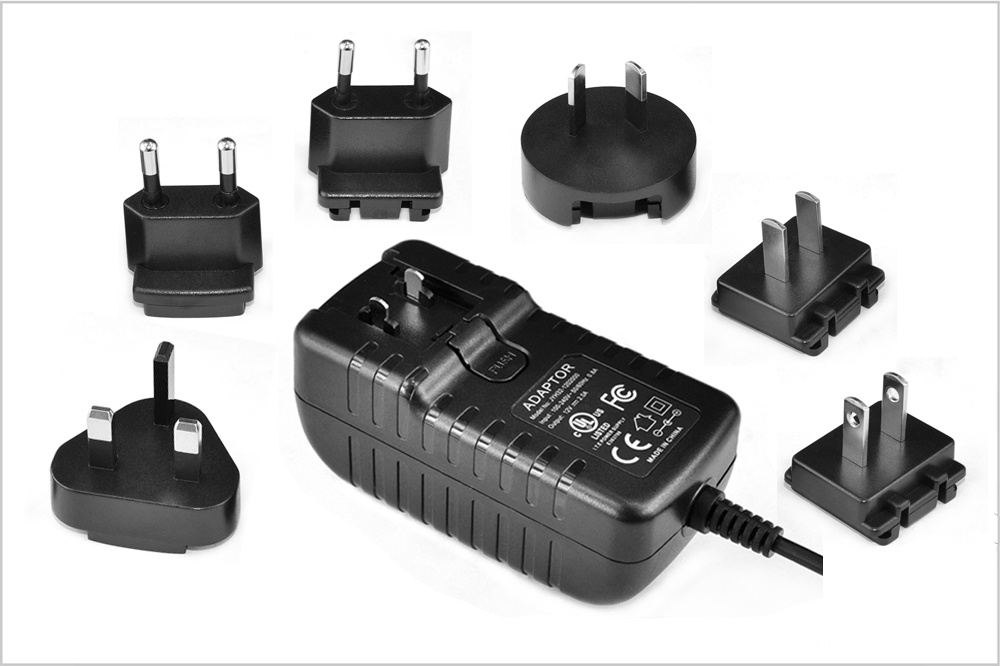Intel intends to push multiple chips to compete for AI
Tencent Digital (Wen Xin) According to the Computerworld website, Intel has opened up a new direction in chip development: Artificial Intelligence, which believes that artificial intelligence will penetrate all applications and Web services.

On Thursday local time, Intel announced the development of a new chip that can handle artificial intelligence loads. Currently, artificial intelligence chips are independent of the mainstream product line and are used as dedicated main chips or coprocessors in computers.
However, over time, Intel will integrate artificial intelligence features in its mainstream servers, the Internet of Things, and even PC chips. Artificial intelligence features can be applied to servers, drones, robots, and self-driving cars. In order to diversify its business and reduce its dependence on the PC market, Intel is actively advancing into these new markets.
The dominance of artificial intelligence computing is custom chips from companies such as GeForce GPUs and Google. Intel plans to introduce a number of non-GPU chips for deep learning tasks, accelerating its march into artificial intelligence. Due to the slow response, Intel missed the opportunity of the mobile phone market. It hoped that in the artificial intelligence market, it would not repeat the mistakes of the mobile phone market.
Intel lacks advanced GPU technology and hopes that alternative chips will make up for its deficiencies. Intel believes that it does not need GPUs to enter the artificial intelligence market and will not place all eggs in a basket as Nvidia did.
Intel is developing an artificial intelligence chip code-named Knights Mill, which is for deep learning and is a member of the Xeon Phi chip family. Intel has not disclosed the details of this chip. Jason Waxman, vice president of Intel’s data center group, said Knights Mill will run four times faster than existing Xeon Phi chips, code-named Knights Landing, for deep learning tasks.
Computerworld said that Knights Mill will be released next year, indicating Intel's eagerness to enter the field of artificial intelligence. The release date of the last two Xeon Phi chips differed by 4 years.
Compared to other chips developed by Intel, Knights Mill has several unique skills. Unlike Intel's high-performance chips that focused on mathematics, Knights Mill strung together a series of high-speed, low-level floating-point operations. These conclusions are the essence of deep learning—the conclusions of image recognition and other issues cannot always be accurate. However, as computer deep learning models become more powerful, the conclusions will become more and more accurate.
In the first half of next year, Intel will also release the first deep learning hardware using Nervana technology. Intel acquired Nervana in August this year. The Nervana chip is primarily geared towards training—creating deep-learning computer models, which can also be used for reasoning—by reinforcing deep learning models with more data.
Nervana chips will be mainly used in servers. Initially, Intel will sell Nervana chips on board, which can be inserted into standard PCI-Express slots. Naveen Rao, vice president and general manager of Intel's artificial intelligence solutions division, said that over time, Nervana chips will become "closer" to the processor. Naveen Law is the founder of Nervana.
The above two new chips will join the Intel artificial intelligence chip camp. Intel recently acquired Movidius, a maker of artificial intelligence chips, and Movieius' computer vision chip. Movidius chips can be used in wearable devices, drones, and robots to accomplish tasks such as target recognition and depth measurement.
Intel also sells FPGA (Field Programmable Gate Array) chips and hopes that these chips can be used in servers, self-driving cars, robots, and drones. Intel will sell an FPGA chip called "Deep Learning Inference Accelerator" next year. The competitor is a reasoning chip such as Google Tensor Processing Unit.
Intel’s urgency comes from the rapid spread of artificial intelligence. Sensors can generate large amounts of data, and artificial intelligence is an emerging technology for understanding the meaning of these data.
Big companies such as Google, Facebook, and Amazon are deploying software and hardware to try to understand the meaning of these data. The Microsoft Xiaona Voice Assistant is an example of an artificial intelligence application that uses algorithms and FPGAs to recognize speech.
The effectiveness of these systems depends on the software associated with the deep learning model. Nervana's software will become Intel's parallel programming framework for deep learning. Competitors of this open source programming framework include Caffe, Torch, Google TensorFlow and Microsoft CNTK.
But will so many artificial intelligence chips make customers feel at a loss? Waxman said that the more chips, the better. Intel hopes to provide customers with multiple options. Some chips are good at specific tasks.
Jim McGregor, chief analyst at market research company Tirias Research, said that Intel’s rapid position in the artificial intelligence market is important.
McGregor said that Intel is launching multiple chips in the artificial intelligence market in order to test which chips are more viable. “Intel’s various solutions are good, but it has no advantage over other chip vendors. â€
Computerworld said that Intel's move into the artificial intelligence market is not without risks. McGregor said that Intel’s acquisition of Nervana is aimed at the latter software, and any attempt to lock customers into these tools will not be accepted by the industry. Nervana's tool is open source software for Intel chips, but other frameworks such as Caffe are becoming more and more popular.
McGregor said, "This is a problematic strategy. Intel has been doing this for the past 10 years, trying to make everyone adopt its technology."
However, deep learning is still in the early stages of development. It takes time to optimize computing technology for deep learning. New hardware such as quantum computers and human brain simulation chips will change the market landscape.
Source: Computerworld
16V Detachable Plug Power Adapter
Wall plug adapter with interchangeable plugs, AC switching adapter with detachable AC plug, universal adapter, switching interchangeable power adapter, interchangeable power supply,16v Detachable Plug Power Adapter with 6 different plug types (CN, USA, EU, KR,AU and UK).
16V detachable plug power adapter for tablet, bluetooth speaker, massage chair, humidifier, juice extractor, coffee machine, small household appliance, fingerprint scanner, CCTV camera-etc
With these 6 interchangeable plug -- CN,KR,US,EU,AU,UK plug, you can only take one 16V wall plug in power adapter with you when you traveling among these 6 countries.
We can also make it with more plugs if you tell us your specific requirement.

16V Detachable Plug Power Adapter,Interchangeable Detachable Power Adapter,Detachable Power Adapter
Shenzhen Juyuanhai Electronic Co., Ltd. , https://www.powersupplycn.com